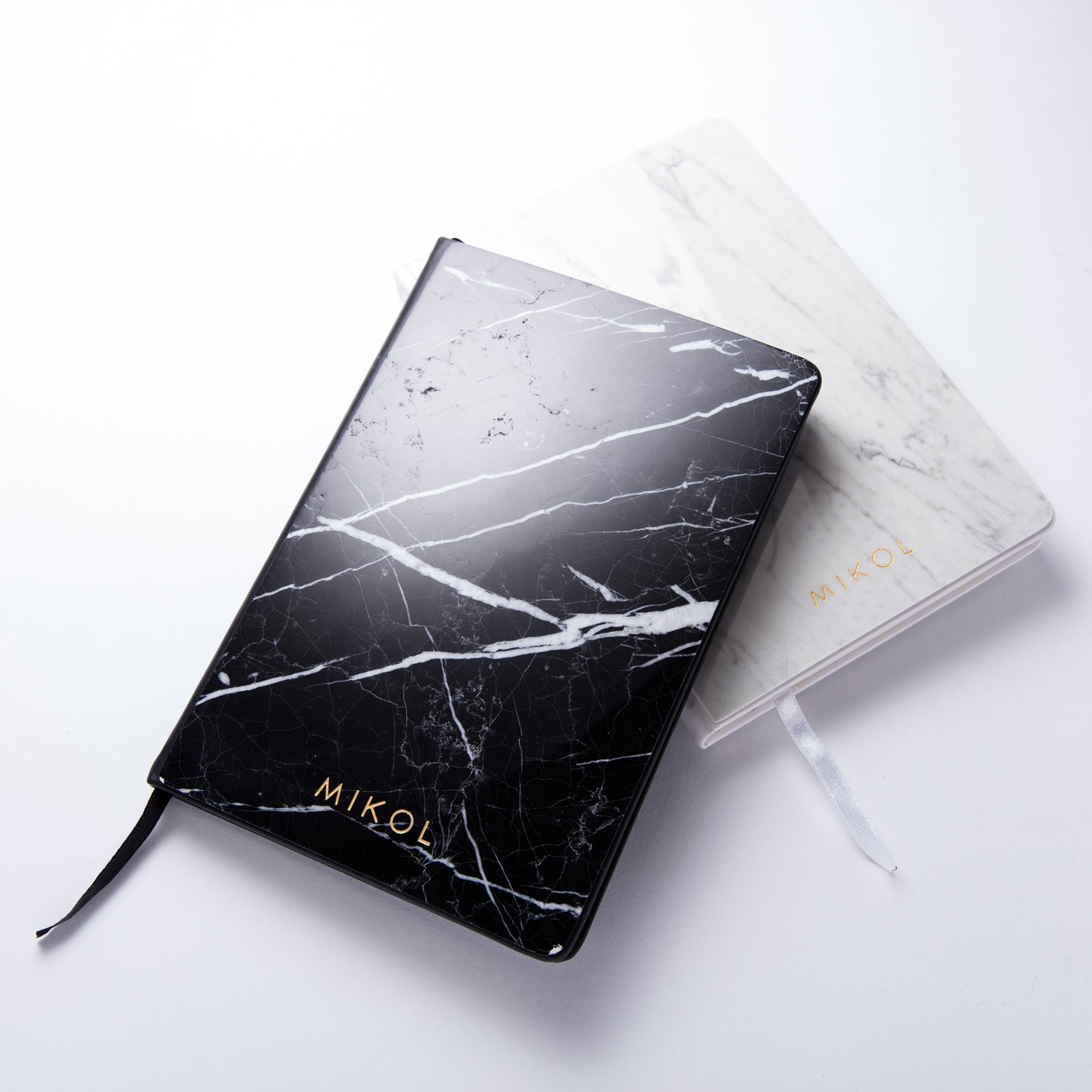
5 tips on How to Journal Your Best Ideas
The Difference Between a Diary and Journal?
A diary serves as a straightforward chronicle of daily events, capturing the surface-level reactions to one's day-to-day experiences. On the other hand, a journal encompasses a broader spectrum of introspection. It goes beyond mere documentation, providing a space for individuals to delve into profound reflections on the events that transpired. In a journal, people explore the sources of inspiration that have touched them, be it in creative or spiritual realms. It becomes a sanctuary of comfort and safety, offering a refuge for authentic self-expression and a canvas for the innermost thoughts and feelings to unfold. In essence, a journal is not merely a record but a personal haven for contemplation and emotional expression.
5 Tips for Journaling Your Best Ideas
1. Take your journal everywhere. (Simple enough right? =)
Incorporating a practical approach to seamlessly integrate journaling into your routine involves the convenience of maintaining a compact pocket notebook such as na basic text notebook option, ensuring that you can swiftly jot down thoughts or ideas whenever inspiration strikes. Alternatively, leveraging the efficiency of modern technology, you can opt to type succinct bullet point notes directly into your smartphone, creating a digital repository of your musings.
When time permits, the next step involves transcribing these notes into your comprehensive daily journal. This multi-step process not only streamlines the initial capture of ideas but also encourages a reflective habit. Consider setting aside dedicated moments each week for this transcription ritual, fostering consistent engagement with your journal. By adhering to this routine, you cultivate the habit of regular journaling, transforming it into a rewarding practice that contributes to personal growth and self-awareness.

2. Select a journal that fits you
Having a nice or unique journal helps because it then becomes a go to item rather than just a journal that you toss to the side.
There are many kinds of journals such as spiral-bound notebooks with lined pages, hardcover books with unlined pages, 3-ring notebooks with folders for loose papers, and beautifully handcrafted journals. (Plenty of options)
Whatever you choose is fine, but find something you will actually use. Notebooks are fashionable items too, so you can find one that can be a topic of conversation as well.

3. Handwrite your journal entries
There are several health benefits with handwriting as you can look at some other blogs we have written about. Aside from improving your brain with handwriting, it keeps things more spontaneous. You are forced to process slower and reflect on your emotional state. Typing on a computer is so much easier, but as easy as those thoughts come, it's just as easy to be deleted. Switch it up and give it a wind ;)

4. Leave a few pages for a table of content
In the realm of journaling, think of it as coding a program where strategically placed "bookmarks" serve as invaluable tools for efficient navigation to uncover the gems of your reflections. An effective strategy is to numerically label each page, aligning them with the listed topics. This meticulous numbering system transforms your journal into a well-organized repository, making it effortlessly accessible. After concluding your initial journal entry, this approach empowers you to swiftly locate and revisit specific sections whenever needed. Much like a meticulously coded program, this systematic page numbering ensures that your journaling experience remains structured and user-friendly, allowing you to seamlessly navigate the rich tapestry of your thoughts and experiences.
5. Forget grammar, spelling, or any other rules
This space is exclusively yours, a sanctuary where you can unleash your thoughts freely. Here, you can embrace a sense of freedom and security, knowing that your reflections are shielded from prying eyes unless you choose to share them. Consider this workbook as your canvas to cultivate positive habits, a realm untethered by rigid rules—let your ideas soar without inhibition. Don't be concerned with perfection; simply let your thoughts flow. There's ample time for thorough development and editing at a later stage.
Feel empowered to revisit and refine your journal entries gradually, allowing your ideas to evolve organically. Editing can be a leisurely process, undertaken when you have the time or when fresh perspectives inspire you. These principles are the foundation of your journaling journey. If you find yourself wondering what to write about, explore our other blogs for inspiration. This space is yours to explore, create, and grow, offering boundless possibilities for self-expression and personal discovery.
Enjoy!!
Leave a comment
Comments will be approved before showing up.



